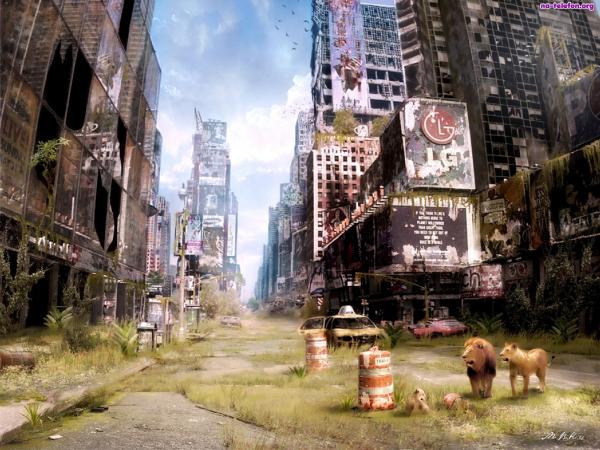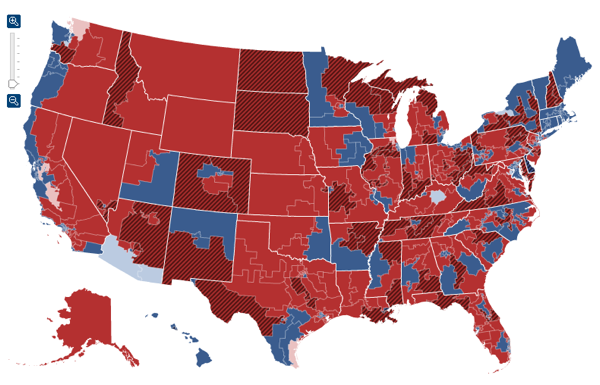There can never be a Smart City without...
The most basic stuff. Of course.

The rebirth of New York and other high density US cities like San Francisco, Seattle, and Washington, D.C., “is missing a KEY element”
Adult citizens? No, thanks
That missing elements is something already clearly spelled out at least once, six years ago: rather than working to stay affordable and friendly for families, the cities mentioned above (together with “pretty much every other dense and expensive urban area in the US”) have, more or less consciously, become “entertainment machines” where the young, rich, and mostly childless can “act like kids without having to actually see any”…

Some of those cities are the same where it is easiest to live without cars… for young, healthy, lone individuals, who don’t need anything more than one (possibly electric) bicycle or scooter.
The result is that, besides New York, in other high-density cities like :
- families with children older than 6 are “in outright decline”
- the fastest-growing demographic group is rich, college-educated, childless whites.
- the city with “the lowest share of children of any of the largest 100 cities in the U.S.” is San Francisco.
Cities without a future. And their country too?

<u><em><strong>CAPTION:</strong>
<a href="https://www.economist.com/democracy-in-america/2010/11/04/city-v-country" target="_blank">USA, City vs Country</a>
</em></u>
Across the US, those trends in big cities may result in a long-term “division of labor” as clear-cut as instable:
“America’s rich cities specialize in the young, rich, and childless; America’s suburbs specialize in parents."
Where does that lead, in a country with “an economy biased toward high-density areas (plus most journalists going bling inside those same areas!!!) but an electoral system biased toward low-density areas”?
The most likely answer seems to be “much more polarization, political fragmentation and social instability than today”.
Smart cities. Indeed
You know what is really, really comical in this otherwise really worrying scenario? The fact that the cities in worst shape are tghe cities that are financial or high-tech hubs. The cities whose counties “account for about half of the USA internet and web-portal jobs”. The cities set, by self-proclaimed manifest destiny, to be the smartest “SMART cities” of tomorrow.
In other words, the more a big US city plays the “smart” card today, the less social stability there is in her future.
Maybe it’s time to redefine the “smart” in Smart Cities, isn’t it? Otherwise:
- some “smart cities” will have more blockchains than residents
- the future will be ONLY rural
Who writes this, why, and how to help
I am Marco Fioretti, tech writer and aspiring polymath doing human-digital research and popularization.
I do it because YOUR civil rights and the quality of YOUR life depend every year more on how software is used AROUND you.
To this end, I have already shared more than a million words on this blog, without any paywall or user tracking, and am sharing the next million through a newsletter, also without any paywall.
The more direct support I get, the more I can continue to inform for free parents, teachers, decision makers, and everybody else who should know more stuff like this. You can support me with paid subscriptions to my newsletter, donations via PayPal (mfioretti@nexaima.net) or LiberaPay, or in any of the other ways listed here.THANKS for your support!